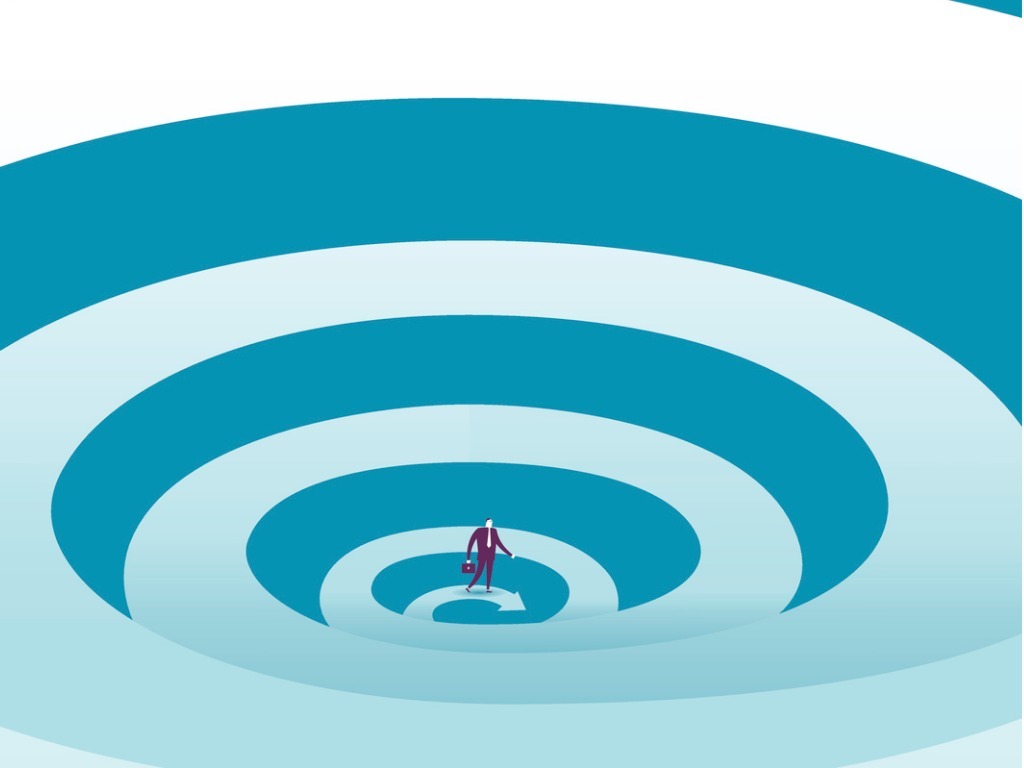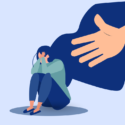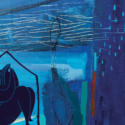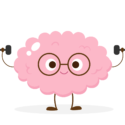
Advances in psychology allow us to take action, gain control over, and change the programming that governs our addictions explains Graham Price
Addictions are far more widespread than most would imagine. Lives are lost or made miserable by them, but psychology has moved forward in leaps and bounds over recent years. Our knowledge of how to treat addictions has advanced dramatically, as has the treatment of most other mental health issues.
Most people with addictions gravitate towards 12-step programmes, such as those used by Alcoholics Anonymous, Al Anon and others. Despite now being dated, these programmes remain helpful and supportive to many. One limitation is that they depend on relinquishing control to a higher power, leaving those who cannot embrace such a concept seeking an alternative.
The biggest advance in therapy in recent years is the development of acceptance-based approaches, such as Mindfulness and much faster acting Acceptance Action Therapy (AAT). Acceptance-based approaches are changing the face of therapy.
People with mental health problems, or any other source of unhappiness, are living in a state of ‘resistance’. This generally means ‘wanting something to be already different’ or wanting something we can’t control to be different. They’re either resisting aspects of their lives or they’re resisting internal experiences such as uncomfortable feelings. Addicts are in a constant state of resistance, resisting aspects of their lives that drove development of their addiction or resisting the desires and cravings that now drive the addiction.
What most people, and even many ‘helping’ professionals, don’t realise is that resistance always reinforces the unconscious programming driving the uncomfortable feelings or desires. It can make us anxious about being anxious, depressed about being depressed or it enhances desires or cravings. Worst of all, it encourages us to take actions to try to control, satisfy or suppress our uncomfortable feelings, such as avoiding situations that make us anxious or consuming drugs, alcohol or food to satisfy unproductive desires or cravings. This ALWAYS reinforces the unconscious programming driving the feelings or desires and is how cravings and addictions develop in the first place.
The opposite of resistance is acceptance. Acceptance-based therapies encourage us to accept uncomfortable feelings rather than resist them. This not only diminishes the feelings, more importantly it enables us to cease the unproductive behaviours that have been reinforcing the programming driving the feelings, and to behave in opposite ways which challenges that programming. Through a combination of acceptance and breaking behaviour patterns, we can unwind the programming driving the feelings.
And so, we begin to gain a sense of control over our lives. Instead of being the victim of our programming, we’re now taking action to gain control over, and change, that programming.
The latest development in acceptance-based therapies, Acceptance Action Therapy (AAT), includes powerful techniques for training clients to accept their feelings, or unproductive desires, and adopt more productive actions. There’s encouragement to adopt one of the main adages of AAT, ‘accept the feeling, choose the (opposite) action’ in all areas of our lives.
AAT also addresses other types of resistance. People who are unhappy about anything are resisting whatever aspects of their lives or circumstances are triggering that unhappiness. We’re wanting the past or present to be different or worrying about an aspect of the future we believe we cannot control. This is all ‘wishing for the impossible’.
AAT teaches us how to ‘accept what is’ (and what will be) all the time, which means stop wishing things were already different and stop worrying about things that might be different and focus only on how to make them different in the next moment or the future.
‘Accepting what is’ and accepting uncomfortable feelings, enable us to focus on productive actions. These are keystones of highly effective therapy. More than ever before we’re able to dramatically change the lives of those with mental health problems, including addictions. As well as curing problems that were previously viewed as challenging, we’re now able to give our clients a sense of power and control over their lives that they’ve probably never known.
None of the more established therapies use these tools. Many experienced therapists are now turning to acceptance-based approaches and incorporating them in their work.
Addictions of every kind are being cured and thousands of lives transformed, though this still depends on a key requirement that the client wants to be helped.













